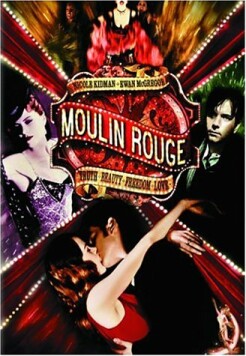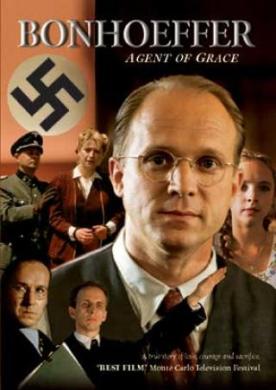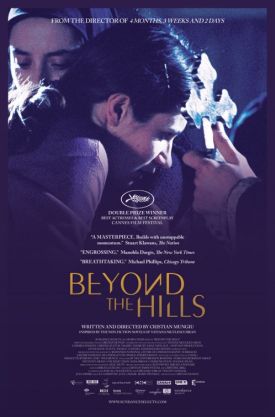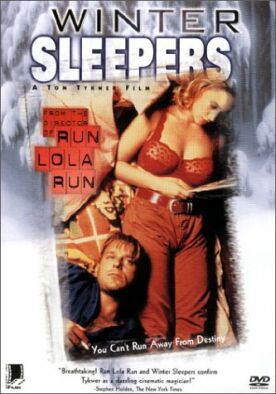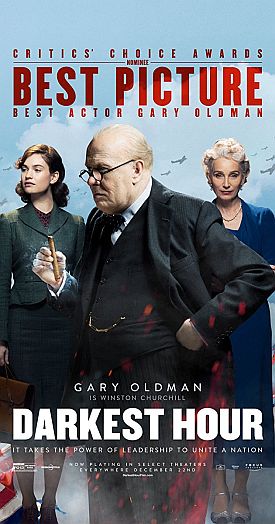Moulin Rouge!
Baz Luhrmann, director of Strictly Ballroom and Romeo+ Juliet
seems with each film to be trying to outdo the absurdity and outrageousness of
the last. If so, he’s going to have a
hard time topping Moulin Rouge, which seems to me to go about as far as
you can go with self-parody. He is reported to have sent a note to the cast
saying: “I dare you to make me say
you’ve gone too far,” and, whether
that is true or not, he obviously never said it. In fact, this film is exhibit A
for the proposition that he doesn’t
recognize the concept of going too far. Making a movie for him means going as
far as he can go and then waiting for the critical accolades to roll in. Critics
and other sophisticates, that is, can be relied upon these days to applaud a
picture that subverts
convention—whether if is cinematic,
musical or social convention, all of which Baz is expert at
subverting— regardless of whether or
not it has anything to say itself.
Moulin Rouge, it should be stipulated, has not. It is totally
parasitic upon the movie and other conventions it is so earnestly sending up. In
other words, it is a spectacularly awful movie, though few people can be got to
say so. They’re all afraid of being
accused of not getting the jokes. Doubtless there are a lot of jokes I
didn’t get, but I got enough of them
to see that they’re really all the
same joke. The audience is set up to expect fin de siècle Paris
and then slapped across the face with the wet fish of some contemporary pop
cultural reference—Ewan McGregor bursting into song with
“The hills are alive with the sound of
music,” for example, or a chorus of
waiters dancing to Madonna’s
“Like a
Virgin”—which has no other purpose
than to tell us:
“It’s
only a movie, silly.” Why that, all by
itself, should be thought clever or witty is one of the wonders of our age which
it will be the labor of future generations, no doubt, to puzzle over.
Luhrmann’s movies have always had
operatic pretensions, but they are operas without
music—or, rather, with post-modern
music. That is, you have to know the music already before it makes any sense.
The songs are alluded to rather than sung, and they make their point rather by
the context in which they appear than by anything they themselves might have to
say. The contentless nature of the music is stressed when Mr
McGregor’s character at one point
doesn’t bother singing at all but
simply pronounces the titles of
songs—“Love is a Many Splendored
Thing” ,
“Love is All You
Need” and so
forth—out of the late-century
repertoire of pop music. This is
Luhrmann’s acknowledgment of what
would have been obvious in any case, namely that the joke of making
turn-of-the-century Parisians talk and act like brainless pop-music addicts of
our own time has worn embarrassingly thin.
Even so, the part of the movie that is not trying to be a joke is worse than
the part that is. Its attempt to identify revolutionary politics with
“love”
and sexual liberation is at least as much a cliché as the music or the
movies that it so energetically sends up. At one level, like any camp classic,
it knows this perfectly well. Neither sort of innocence, sexual or political,
could possibly survive so much knowingness. And yet if Luhrmann can be said to
believe anything, he genuinely does believe this. He just puts his belief in a
jokey, ironic context so that no one might be tempted to think him earnest or
naïve. Yet naïve is just what he turns out to
be—naïve in believing that the
past was just like the present, that taste can be endlessly mocked, that sex is
the same thing as love, and that “love
is all you need.” Even such glimpses
as the film vouchsafes of Nicole
Kidman’s technologically-enhanced
alabaster flesh and ruby lips cannot make it worthwhile to sit through the work
of so great a fool.
Discover more from James Bowman
Subscribe to get the latest posts to your email.

